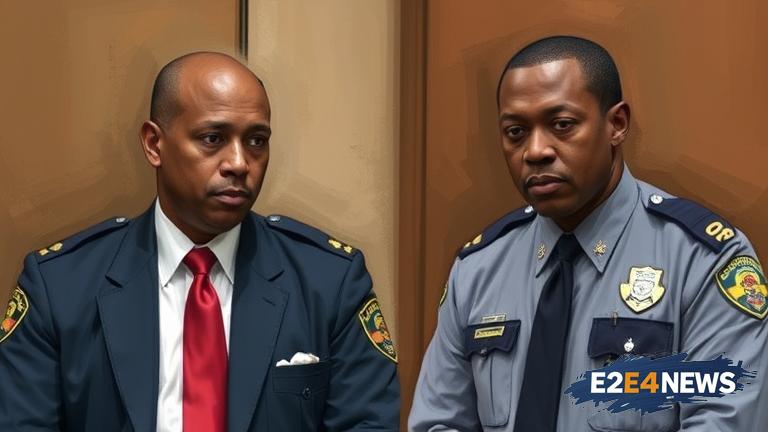The case of Tyre Nichols, a 29-year-old Black man who died after being beaten by Memphis police officers, has taken a new turn with the announcement of new sentencing dates for the five former officers involved. The officers, Tadarrius Bean, Demetrius Haley, Emmitt Martin III, Desmond Mills Jr., and Justin Smith, were fired from the Memphis Police Department after the incident and subsequently charged with various crimes, including second-degree murder. The new sentencing dates come after the officers pleaded not guilty to the charges and were granted a continuance to allow their lawyers more time to prepare their defense. The incident that led to Nichols’ death occurred on January 7, 2023, when he was stopped by police for a traffic violation. A video of the incident, which was released to the public, showed the officers punching, kicking, and pepper-spraying Nichols, who was unarmed and handcuffed at the time. The video sparked widespread outrage and calls for police reform, with many criticizing the officers’ use of excessive force. The case has also raised questions about the culture of policing in Memphis and the need for greater accountability and transparency within the department. The new sentencing dates are set to take place in the coming months, with the first officer scheduled to be sentenced in April. The sentencing hearings are expected to be highly publicized, with many in the community eager to see justice served for Nichols and his family. The case has also had a significant impact on the city of Memphis, with many residents calling for greater police accountability and reform. The Memphis Police Department has since implemented new policies and procedures aimed at reducing the use of excessive force and improving community relations. The case has also sparked a national conversation about police brutality and the need for greater accountability and transparency within law enforcement agencies. As the sentencing dates approach, many are watching to see how the justice system will respond to the officers’ actions and whether they will be held accountable for their role in Nichols’ death. The case is a reminder of the ongoing struggle for justice and equality in the United States, particularly for communities of color who are disproportionately affected by police brutality. The incident has also led to calls for greater support and resources for families affected by police violence, including counseling and advocacy services. In the aftermath of the incident, the city of Memphis has established a number of initiatives aimed at promoting healing and reconciliation, including community forums and town hall meetings. The case of Tyre Nichols is a tragic reminder of the need for ongoing efforts to address police brutality and promote greater accountability and transparency within law enforcement agencies.
